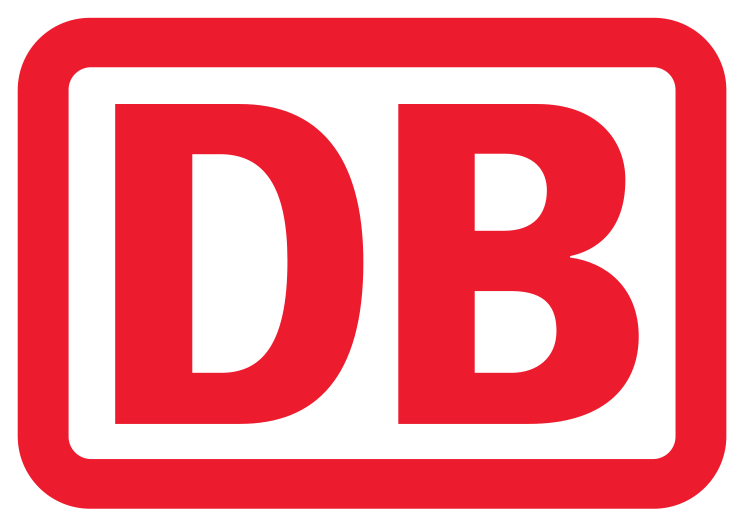The professional payment manager
In-depth knowledge and strategies in cashless payment transactions

Contents
Fraud & Risk Management
- Basics of Fraud & Risk: Introduction to the principles of fraud prevention and risk minimization in payment transactions.
- Relevance of fraud & risk in payment transactions: Fraud and risk management in payment transactions.
- Strategies and tools in Fraud & Risk Management: Analysis of proven methods and tools for fraud prevention.
Payment Services Directive 2 (PSD2) and Open Banking
- Introduction to PSD2: Overview of the Payment Services Directive 2 and its impact on European payment transactions.
- Open Banking: Explanation of the importance of Open Banking for payment service providers and customers.
- Regulations and provisions: Important legal requirements and regulations that have arisen as a result of PSD2.
SEPA Instant Credit Transfer (SCT Inst)
- Concept and functionality: Function and advantages of SEPA Instant Payments.
- Advantages and challenges: Opportunities and potential risks when introducing real-time payments.
SEPA Request to Pay
- SEPA Request to Pay concept: Introduction to the SEPA tool for payment requests.
- In payment transactions: Future importance of SEPA Request to Pay for payment providers.
Transactions in detail
- Authentication in payment transactions: security aspects of payment authentication.
- Capture and settlement processes: Explanation of the steps involved in payment processing (capture and settlement).
- Chargebacks and reversals: Dealing with chargebacks and the legal framework.
Card on File
- Concept and application: Introduction to the card-on-file model for storing card data for transactions and its regulatory aspects.
- Significance in subscription and e-commerce: areas of application of Card on File in subscriptions and online retail.
Card Tokenization
- Introduction to card tokenization: payment with "tokens" and their creation
- Applications and benefits: Improving security and data privacy for card payments through tokenization
Mobile Payments
- How mobile payment solutions work: Explanations of Apple Pay, Google Pay and other mobile payment solutions.
- Security aspects and implementation: Implementation of security measures for mobile payments.
Chargebacks & Refunds
- Understanding chargebacks and refunds: Reversals and refunds – and their impact on payment transactions.
- Challenges in dealing with chargebacks: The most common problems and solutions in the chargeback process.
Marketplace Payments
- Special features of payments in marketplaces: Challenges in payment processing on marketplaces.
- Solutions for marketplace payments: Practical approaches for the efficient processing of payments on digital marketplaces.
Buy Now Pay Later
- Relevance of Buy Now Pay Later: The path to establishment and the advantages of "BNPL".
- Risks of BNPL solutions: Analysis of potential risks for payment service providers and merchants.
Industry specifics in payment transactions
- Requirements in different industries: Differences in payment transactions between B2C, B2B, hospitality, retail and e-commerce.
- Best practices for industry-specific solutions: Customized solutions and best practices for specific industries.
Crypto and crypto payments
- Introduction to crypto: the basics of cryptocurrencies and their importance in payment transactions.
- Technical functionality: Technical functionality of cryptocurrencies.
- Differences between crypto and traditional payment methods.
- How crypto transactions work: Overview of the processing of crypto transactions.
Learning environment
In your online learning environment, you will find useful information, downloads and extra services for this training course once you have registered.
Your benefit
- You will be shown how to recognize risks in payment transactions and how to minimize them efficiently with fraud management strategies.
- Gain in-depth knowledge of regulatory requirements such as PSD2 and Open Banking and their impact on payment transactions.
- It explains in practical terms how modern payment technologies such as SEPA Instant, Card Tokenization and Mobile Payments work.
Methods
- The training consists of lectures paired with discussions and direct exchange with your expert.
- Best practice examples and recommendations for action offer practical insights and immediately implementable solutions.
- The training is supplemented by video sequences that go into selected topics in greater depth.
- In addition, a case study is worked on in order to apply the acquired knowledge in practice and transfer it to real challenges in payment transactions.
Recommended for
- Payment experts and professionals who are responsible for the strategic alignment and optimization of payment systems and are looking for in-depth knowledge of payment technologies and methods, as well as finance and accounting professionals who are responsible for budgeting and financial strategies in the payment sector.
- E-commerce managers and entrepreneurs, management consultants and executives who want to implement and optimize complex payment structures.
- Business owners in online retail who want to improve and expand their payment systems.
- IT experts in payment transactions, including IT managers, developers as well as security and data protection experts who are responsible for the implementation and maintenance of payment systems.
- Compliance and risk managers who ensure compliance with regulations and develop fraud prevention strategies.
- Innovation and technology enthusiasts who are interested in the latest innovations in payment transactions and want to integrate them into their business strategies.
The basic seminar "Basic Payment Knowledge" with the booking number 41439 is recommended in advance.
Further recommendations for "The professional payment manager"
41443
Start dates and details

Monday, 09.03.2026
09:00 am - 5:00 pm
Tuesday, 10.03.2026
09:00 am - 5:00 pm
Wednesday, 11.03.2026
08:30 am - 4:30 pm

Tuesday, 19.05.2026
09:00 am - 5:00 pm
Wednesday, 20.05.2026
09:00 am - 5:00 pm
Thursday, 21.05.2026
08:30 am - 4:30 pm
Wednesday, 07.10.2026
09:00 am - 5:00 pm
Thursday, 08.10.2026
09:00 am - 5:00 pm
Friday, 09.10.2026
08:30 am - 4:30 pm
- one joint lunch per full seminar day,
- Catering during breaks and
- extensive working documents.
Monday, 22.02.2027
09:00 am - 5:00 pm
Tuesday, 23.02.2027
09:00 am - 5:00 pm
Wednesday, 24.02.2027
08:30 am - 4:30 pm
- one joint lunch per full seminar day,
- Catering during breaks and
- extensive working documents.
- one joint lunch per full seminar day,
- Catering during breaks and
- extensive working documents.
 4.5
4.5








